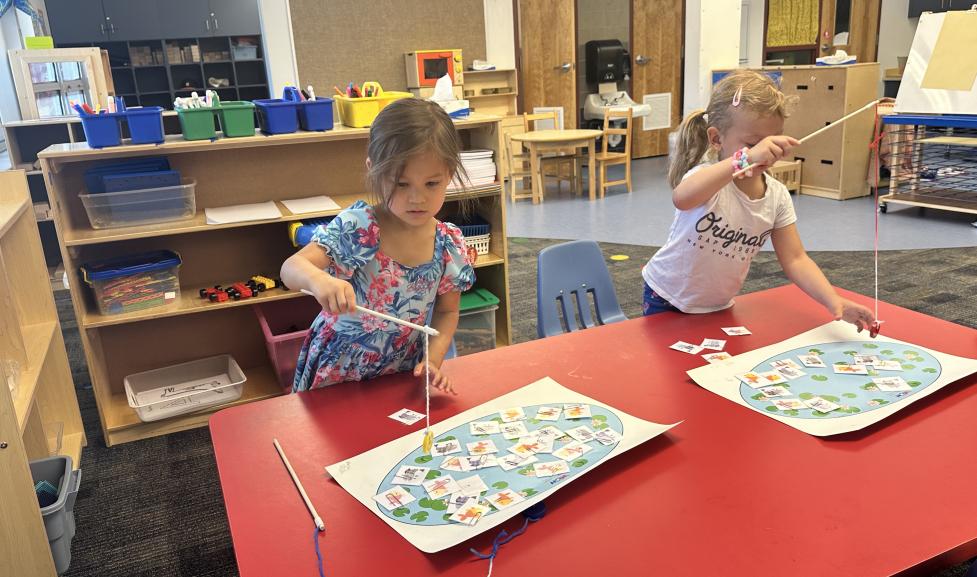2026 Grant Funding
Congratulations to the programs that will receive Human Services Fund (HSF) grants for 2026! Visit the Community Funding Dashboard to view 2026 grant awards.
The city anticipates opening the HSF 2027 fund round in spring 2026. Please check this webpage at that time for more information about the fund round request for proposals.
Background
Through the HSF, the City of Boulder invests resources in improving well-being for community members experiencing social or economic disparities. An annual allocation from the city’s general fund serves as the source for this grant program. The HSF supports programs and service delivery that promote the following shared outcomes:
- Increased economic stability, mobility, and resilience (e.g., employment, financial assistance, benefits or other earnings, financial literacy, or other forms of self-sufficiency assistance).
- Increase the ability for people to obtain and maintain housing (e.g., rental assistance, legal representation for housing, pathways to housing for individuals experiencing homelessness or other services that help keep people housed including those that use a housing first strategy).
- Advance personal growth, development and leadership potential (e.g., childcare; child, teen or young adult academic support)
- Increase safe environment for people with diverse identities (e.g., through advocacy, legal representation, protection from violence or other form of vulnerability).
- Increase positive physical, mental or behavioral health and wellbeing (e.g., direct health care, wellness, food security or nutrition, social connectivity).
- Increased ability among community members to access critical services and improve quality of life including upstream solutions that address the root causes of social problems (e.g., transportation, digital divide, culturally centered assistance programs, independent living, language access).
